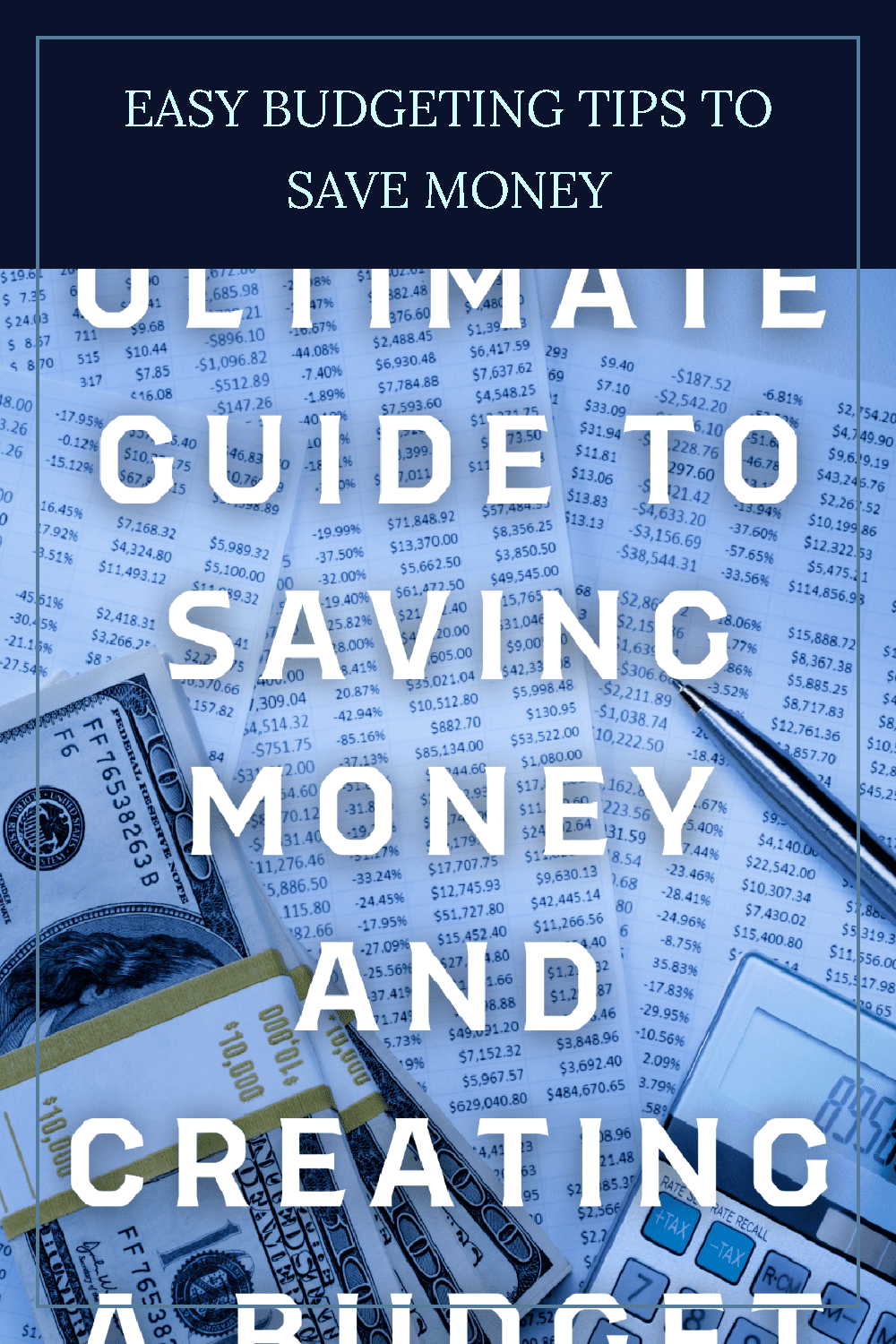Start saving for your 30s
As you get closer to your 30s, you may start to worry about your savings. It's essential to have an emergency fund in case something unexpected occurs, such as losing your job, getting injured, or becoming ill. You should aim to have at least six months' worth of essential expenses in savings. You can start saving early by setting aside a portion of each paycheck. It's also crucial to have a retirement plan in place by the age of 30. Aside from these guidelines, the amount you should save at age 30 depends on your personal goals, such as purchasing a home or starting a family. Creating a budget and setting clear goals for your finances can help you establish a solid foundation for a secure future.

It's typical to start worrying about your savings as you approach your 30s. You may already have a successful career and have even begun to consider other important goals like purchasing a home, raising a family, or moving forward with other key life decisions.
But how much savings should you have at 30, exactly? Since every person's financial situation is different, there isn't a universally applicable solution to this problem. There are, however, a few broad principles that can assist you in determining whether or not you're on the right course.
You should set up an emergency fund first and foremost. In the event of unforeseen circumstances like job loss, injury, or illness, experts advise accumulating sufficient funds for at least six months' worth of essential needs.
This might seem daunting, but if you start saving early and set aside a portion of each paycheck, you can build up your emergency fund over time.
In addition to your emergency fund, you should also aim to have a retirement plan in place by age 30. This could involve making contributions to an IRA or 401(k), which can offer tax advantages and assist you in amassing a sizeable nest egg over time. Ideally, you should set aside between 10% and 20% of your annual income for retirement.
Aside from these benchmarks, how much savings you have at age 30 largely depends on your personal goals and priorities. If you're looking to buy a home, for example, you may need to save up for a down payment, which can take several years depending on the housing market in your area. If you're planning to start a family, you may want to set aside additional funds for childcare, education expenses, and other related costs.
In the end, being conscious of your spending and saving habits is crucial. Create a budget that enables you to save for the things that are most important to you and set clear goals. You may lay a strong foundation for a safe future by being proactive with your finances.
Ready to build your emergency savings in a fun and quick way? Follow Jaxay Money Blog's amazing guide and you'll be on your way to financial security in no time! 🏦✨💰 Learn tips for saving, budgeting, and more! 💥 Click to purchase the essential Emergency Fund and Budgeting PDF! 💸

Oct 10th 24